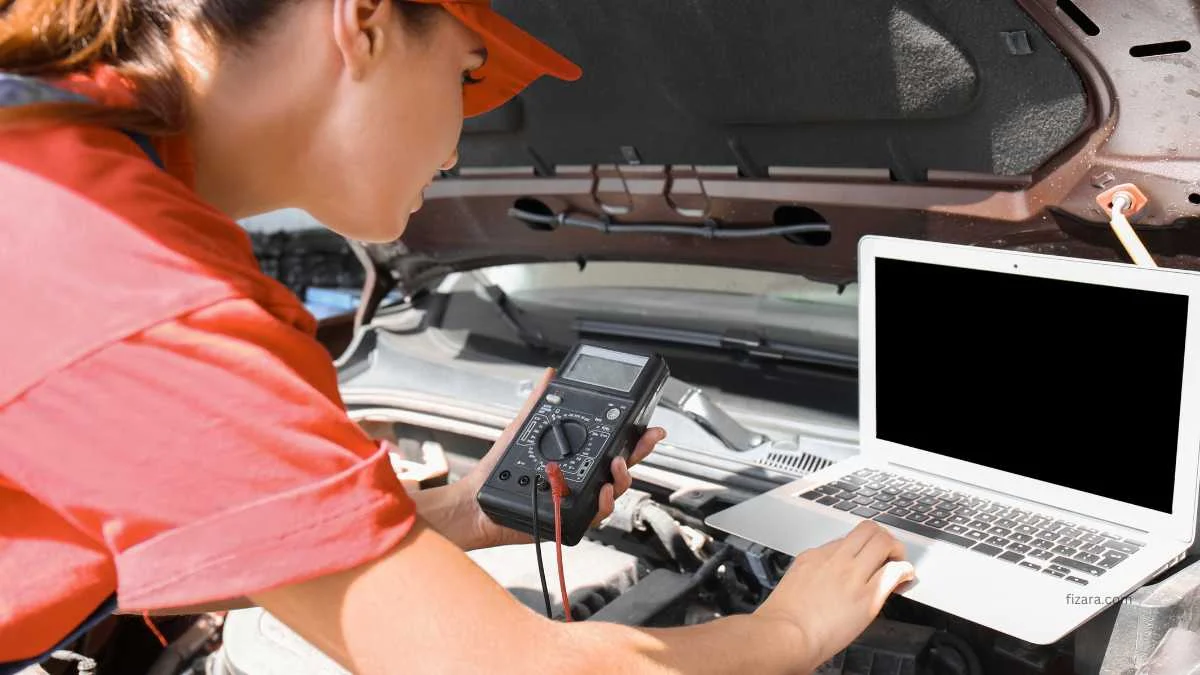Car inspection is a crucial aspect of vehicle ownership, ensuring that automobiles on the road meet safety and emission standards. In Philadelphia, the process is streamlined yet thorough, with regulations designed to keep both drivers and the environment safe. Whether you’re a long-time resident or a newcomer to the city, understanding the ins and outs of car inspection can save you time, money, and potential headaches. One trusted name in the industry that stands out for its reliable services is SB Automotive.
Why Car Inspections Are Important
Car inspections are mandatory in Philadelphia and across Pennsylvania, serving multiple purposes:
Safety: Inspections ensure that all critical systems in your vehicle, including brakes, lights, and tires, are functioning correctly.
Environmental Protection: Emission tests help reduce the amount of pollutants released into the air, contributing to a healthier environment.
Legal Compliance: Driving an uninspected vehicle can result in fines and penalties, and it can also affect your coverage.
What Does a Car Inspection Involve?
In Philadelphia, car inspections typically involve two main components: a safety inspection and an emissions test.
Safety Inspection
During the safety inspection, technicians check various aspects of your vehicle, including:
Brakes: Inspecting the brake pads, rotors, and fluid levels to ensure they meet safety standards.
Lights: Ensuring all lights, including headlights, tail lights, and indicators, are operational.
Steering and Suspension: Checking for any issues that could affect handling and stability.
Tires: Verifying that the tires have sufficient tread depth and are free from damage.
Windshield: Looking for cracks and ensuring the wipers are functional.
Seat Belts: Ensuring all seat belts are in good working order.
Emissions Test
The emissions test is designed to ensure that the vehicle’s engine is running efficiently and not emitting excessive pollutants. This involves:
OBD-II Test: For newer vehicles, the On-Board Diagnostics (OBD-II) system is checked for any error codes.
Tailpipe Test: For older vehicles, emissions are measured directly from the tailpipe.
How to Prepare for a Car Inspection
Preparation is key to passing your car inspection without any hiccups. Here are some tips to get your vehicle ready:
Routine Maintenance: Regularly servicing your car can prevent issues from arising. Ensure your oil is changed, tires are rotated, and brakes are checked periodically.
Check Lights: Make sure all your lights are working. Replacing a bulb is often a simple fix that can prevent failure during inspection.
Monitor Warning Lights: Address any dashboard warning lights before the inspection. A lit check engine light can result in an automatic failure.
Test Wipers and Horn: Ensure your windshield wipers are effective and your horn is operational.
Inspect Tires: Check for proper inflation and tread depth. Tires that are worn down need to be replaced before the inspection.
Where to Get Your Car Inspected
Philadelphia offers numerous locations for car inspections, from dealerships to independent garages. Among these, SB Automotive is a highly recommended choice. Known for its comprehensive service and customer-friendly approach, SB Automotive ensures that your vehicle meets all safety and emissions standards. Their certified technicians provide thorough inspections and can address any issues that might cause your vehicle to fail, helping you pass the inspection with ease.
What Happens if You Fail the Inspection?
Failing a car inspection in Philadelphia isn’t the end of the world, but it does require prompt attention. Here’s what you should do:
Understand the Reason for Failure: The inspection report will detail the reasons for failure. Common issues include brake problems, worn tires, or faulty lights.
Get Repairs Done: Take your vehicle to a reputable mechanic to address the issues. SB Automotive, for instance, can perform necessary repairs and offer re-inspection services.
Re-inspection: Once repairs are completed, your vehicle must be re-inspected. In Pennsylvania, you usually have 30 days to address the issues and get a re-inspection without incurring additional fees.
Tips for a Smooth Inspection Process
Schedule an Appointment: Many inspection centers, including SB Automotive, allow you to schedule an appointment online or over the phone. This can save you time and ensure that you’re seen promptly.
Bring Necessary Documents: You’ll need to provide your vehicle registration and proof of . Having these documents ready can expedite the process.
Be Prompt: Arrive on time for your appointment to avoid delays.
Communicate with the Technician: If you have any concerns or know of specific issues with your vehicle, communicate them to the technician. This can help streamline the inspection and repair process.
Conclusion
Car inspection are a vital part of vehicle ownership in Philadelphia, ensuring that all cars on the road are safe and environmentally friendly. By understanding the inspection process, preparing your vehicle, and choosing a reliable service provider like SB Automotive, you can ensure a smooth and successful inspection experience. Remember, regular maintenance and prompt attention to any vehicle issues can not only help you pass your inspection but also keep you and others safe on the road.









